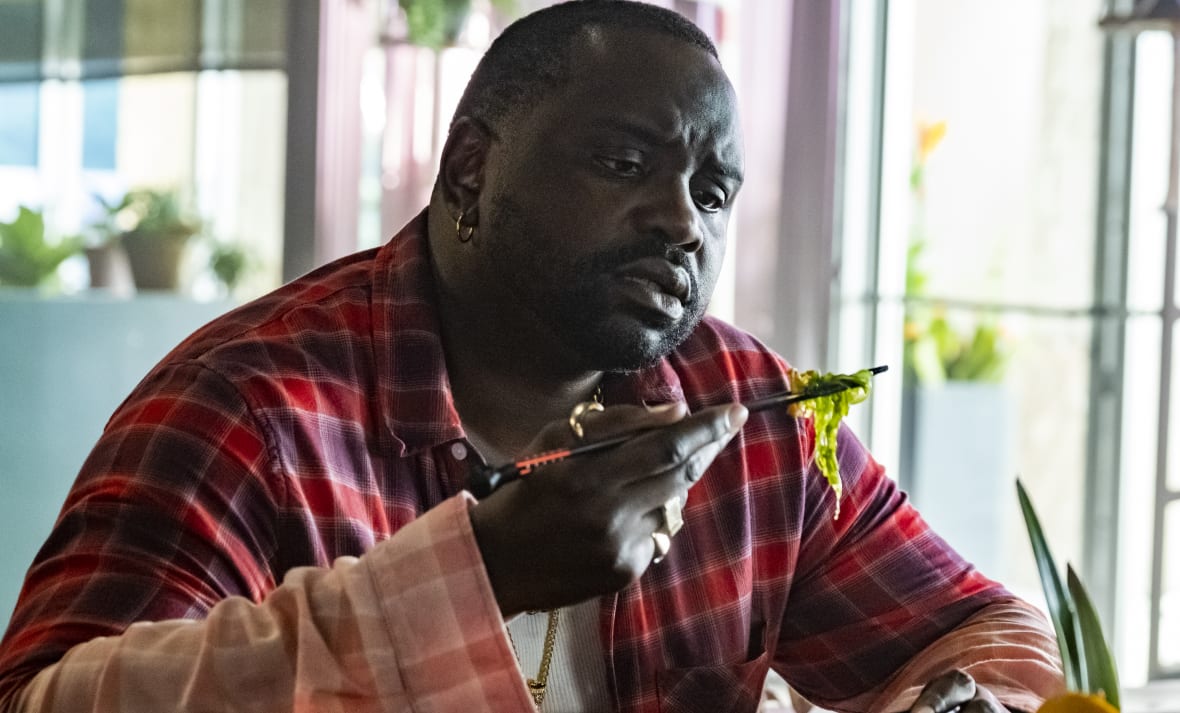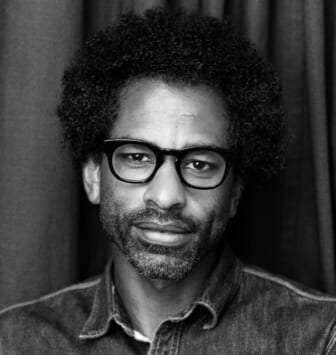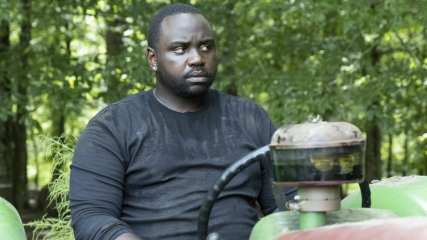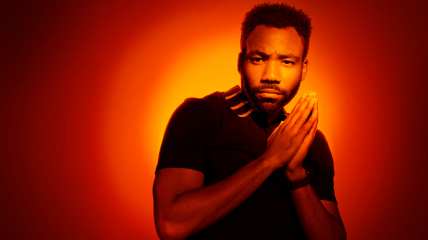‘Atlanta’ Finale: Yes, I cried
OPINION: Our friends went out questioning reality.

Editor’s note: The following article is an op-ed, and the views expressed are the author’s own. Read more opinions on theGrio.
I am man enough to admit that I cried a little watching the foursome speed down the street in a pink Maserati, laughing and eating Popeyes as Marvin Gaye’s lush, melancholy “Dream of a Lifetime” plays over them. It was a beautiful moment of friendship and food, the kind of moment you’d remember forever if it happened to you and your crew. But it was a sad moment in that I knew this was the end of Atlanta.
For years this has been our crew — Earn, Paper Boi, Vanessa and Darius. Their moment of extreme joy right before the end took me back to the feeling of the last party in high school when you were having a great time, but your heart was heavy because it was over, a chapter of your life finished. “Atlanta” has been part of our lives, and it has been one of the greatest shows in TV history. We will never see anything like it ever again — and that makes me want to cry.
This was Darius’ goodbye, his last weird journey. For this journey, he went into himself and into a world where he — and we — can’t tell the difference between reality and dreams. It’s fitting that “Atlanta’s” resident super hippie starts this journey meeting Cree Summer, who rose to fame on “A Different World” and who is like the queen of the Black hippies. It’s like Darius had a moment with the leader of his tribe before his final trip. Once he starts going under in the sensory deprivation tank, the show starts playing with the surreality that has marked “Atlanta.” Darius’ world keeps getting weirder, and he keeps waking up, but is it over? In the end, Darius still isn’t certain if he’s in a dream. He’s staring at a normal-looking Judge Judy and pondering what reality is like he’s a Black Plato. He was always the philosopher of the crew.
But the central moment in the finale took place in the sushi restaurant. Earn, Paper Boi and Van were being pressured to eat food they didn’t want or understand, which felt like a metaphor for being force-fed culture that they didn’t really want but, hey, this is what being cultured means, and this is what supporting other Black people requires. Do they want authentic Japanese sushi made by a Black man or battered and fried fast food that’s owned by white people? It feels like a purity test.

The real question from the sushi spot owner is do you want to be classy or ignorant? But there’s a reason why Black folks invented the word “ignant.” See “ignorant” is a pejorative but ignant is alright. The gang runs from the sushi restaurant because they really want ignant because that’s what “Atlanta” is all about. Donald Glover and his creative team know sushi in the same way they know about French new wave cinema and all that hifalutin’ ish, but they also love Blaxploitation films and…Popeyes. They want that Black ish, they want comedy, they want ratchet, they want fun.
I have loved this journey that “Atlanta” has taken us on over the years so much that I began to miss the show before it was over. I went back to the early episodes, and I realized something. A constant theme in the first several episodes is that Earn is unable to help take care of Vanessa and their baby. He’s broke, jobless and essentially homeless after dropping out of Princeton. He’d like to be with Vanessa, but he has little to share with her. He takes her on a date and then realizes their tab is higher than the amount of money in his bank account. He didn’t then have the ability to take care of himself, much less contribute to a family, and that essentially keeps them from being a family.
In the disco classic “Ain’t Nothin’ Goin’ on But the Rent,” Gwen Guthrie sings, “You got to have a J-O-B if you want to be with me.” She’s not being craven or greedy. She’s being responsible — she needs a man who can help her tackle the bills. Over the course of the show, Earn grows up and learns how to be a professional manager and becomes a man. Once he’s able to provide for his family, he’s able to have one. The architecture of the show flows from Earn and Van being a young, broken family to one that’s united.
The hero’s journey in the show is truly internal — Earn must uncover the maturity and develop the professional experience that will allow him to become a man who can help take care of his wife and baby. They drive off into the sunset as Sade sings signaling their love. They end up together, meaning the undercurrent of the show was the birth of a Black family, but instead of that birth being located around a baby being born, for “Atlanta,” it was all about Earn becoming enough of a man that he could be a father and a partner, and perhaps, someday, a husband. That’s beautiful.

Touré is a host and Creative Director at theGrio. He is the host of the podcast “Toure Show” and the podcast docuseries “Who Was Prince?” He is also the author of seven books including the Prince biography Nothing Compares 2 U. Look out for his upcoming podcast Being Black In the 80s.
TheGrio is FREE on your TV via Apple TV, Amazon Fire, Roku, and Android TV. Please download theGrio mobile apps today!
More About:Entertainment











